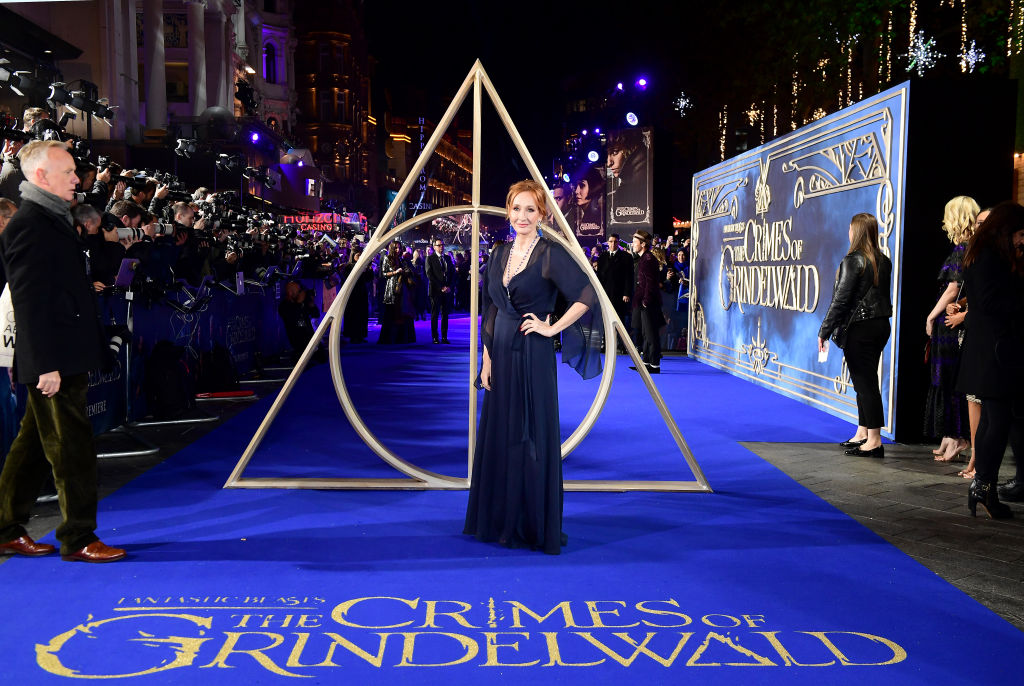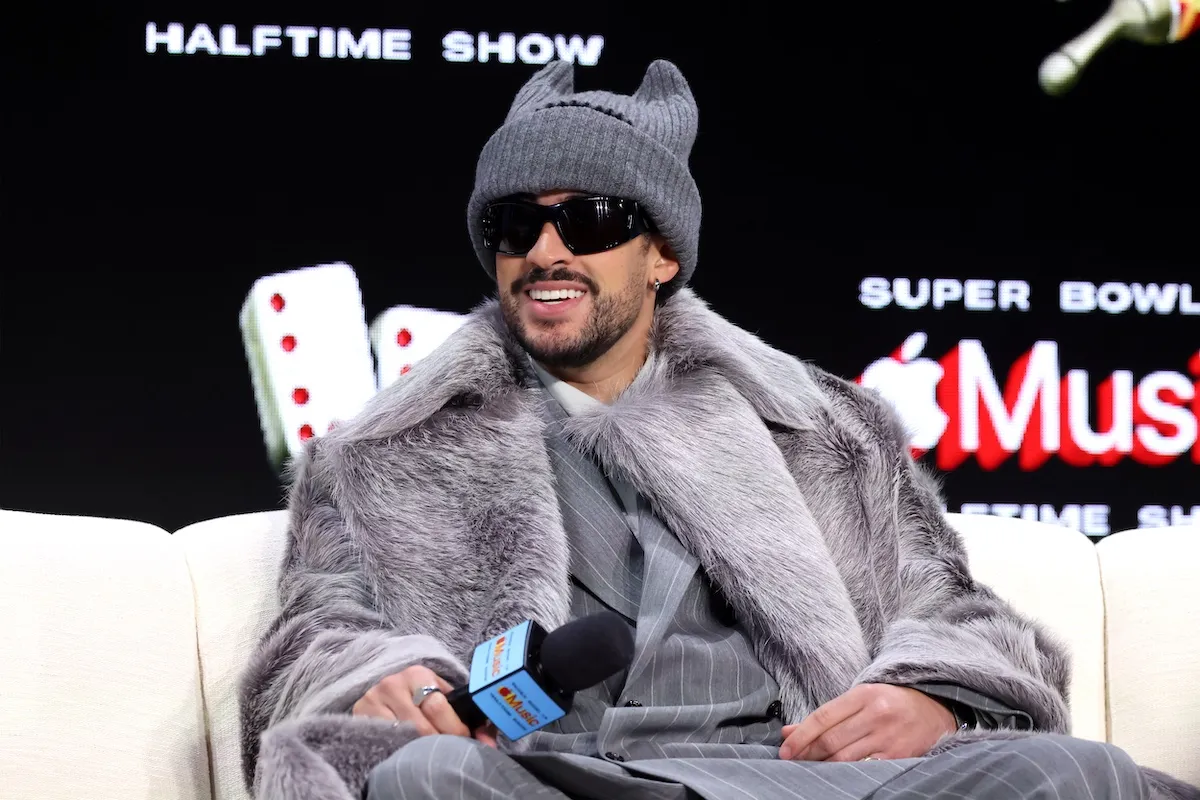Why Is ‘Fantastic Beasts’ A Failure?
If the Fantastic Beasts series is any indication, the Wizarding World is in trouble.
J.K. Rowling’s Harry Potter became much more than a best-selling book series. What started on the page in 1997 soon exploded into one of the most successful film series of all time and a multimedia empire. In fact, the fan base is so devoted that, aside from Star Wars, few other geek properties can truly compare.
But after the eight-film Harry Potter series, Rowling and Warner Bros. needed a way to keep the brand alive. The 2016 release of Fantastic Beasts and Where to Find Them — starring Oscar winner Eddie Redmayne — seemed like a prime opportunity to expand the story fans already know. So why is it slowly disapparating before fans’ very eyes?

The Wizarding World lived on beyond ‘Harry Potter’
Set in 1926, Fantastic Beasts and Where to Find Them follows Newt Scamander (Redmayne), an expert in magical creatures. In part due to its period setting, the initial film doesn’t prominently feature any characters previously seen in the Harry Potter series. With that storyline tapped out, the newly rebranded “Wizarding World” aimed to find a new starting point.
Based in part on Rowling’s 2001 Harry Potter tie-in guide book, the film also marked the author’s first screenwriting credit. Director David Yates — who directed the final four Harry Potter films — signed on for Fantastic Beasts. But despite Yates, Rowling, and Redmayne’s involvement, the film didn’t elicit the same kind of excitement as its predecessors.
The first Fantastic Beasts movie earned solid reviews but still fell short of expectations at the box office. Earning $814 million worldwide, the movie only outperformed 2004’s Harry Potter and the Prisoner of Azkaban and not by much. Even with inflation on its side, the new Wizarding Wizard series kicked off with just an $18 million edge over the weakest Harry Potter film.
The numbers just don’t add up
The sequel — Fantastic Beasts: The Crimes of Grindelwald — did even less business at the box office, bringing in a franchise-low $655 million worldwide. While that number might seem solid for cheaper productions, the film’s $200 million budget makes the outlook much rougher for Fantastic Beasts.
The series dwindling box office returns are of even greater concern when taking into account what Warner Bros. and Rowling have planned. A while back, fans learned the Fantastic Beasts story was envisioned to extend to five films. But the profit margin is shrinking so fast. Some industry pundits have wondered if the studio would consider cutting that scope down a bit.
Yet, by any measure, the commercial performance of this latest offshoot of the Harry Potter franchise is disappointing. Once upon a time, Fantastic Beasts seemed like the easy heir to the preceding series as Warner Bros.’ crown jewel. Yet, the way it stands now, the billion-dollar, Oscar-winning Joker puts the DC Extended Universe in a far better position.
The prequel problem that plagues ‘Fantastic Beasts’
While we can’t be sure, it’s hard not to ponder why Harry Potter fans — affectionately known as Potterheads — appear to be losing interest in Fantastic Beasts. Part of the issue probably lies in how disconnected the new series initially seemed. Yet, even the introduction of familiar characters like Jude Law’s younger Albus Dumbledore hasn’t helped.
Perhaps the underlying problem is the same that has previously plagued prequel series for both the Star Wars and The Lords of the Rings films. Fans already know where the story goes. There’s no dramatic tension in wondering how Dumbledore and Grindelwald’s (Johnny Depp) final showdown will go. Without a sense of discovery, the series is already lost.
Moreover, the Fantastic Beasts movies have carried all the wrong lessons forward. Placing spectacle and lore-building ahead of characters and story never works. Neither does relying on audience goodwill. Just as established fans know what’s in the cards for many characters, the new films haven’t set themselves apart in an interesting enough way to win over newcomers.
Sure, references to established Harry Potter lore will probably continue to recur in Fantastic Beasts. And maybe Warner Bros. will cross its fingers and complete Rowling’s planned five-movie arc. In the meantime, more and more longtime fans could abandon the series, at least until Warner Bros. courts Daniel Radcliffe and company back for the inevitable reboot.


